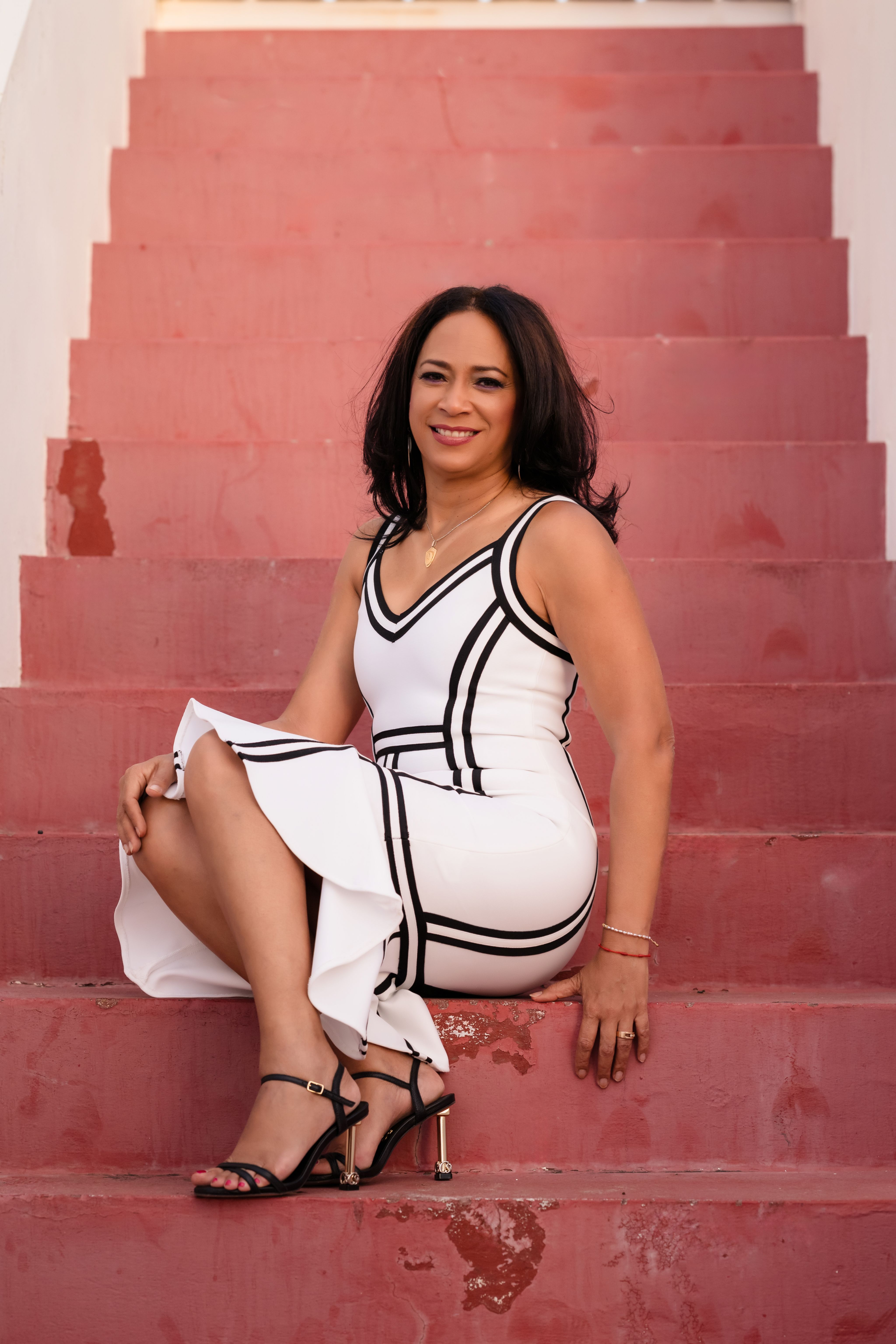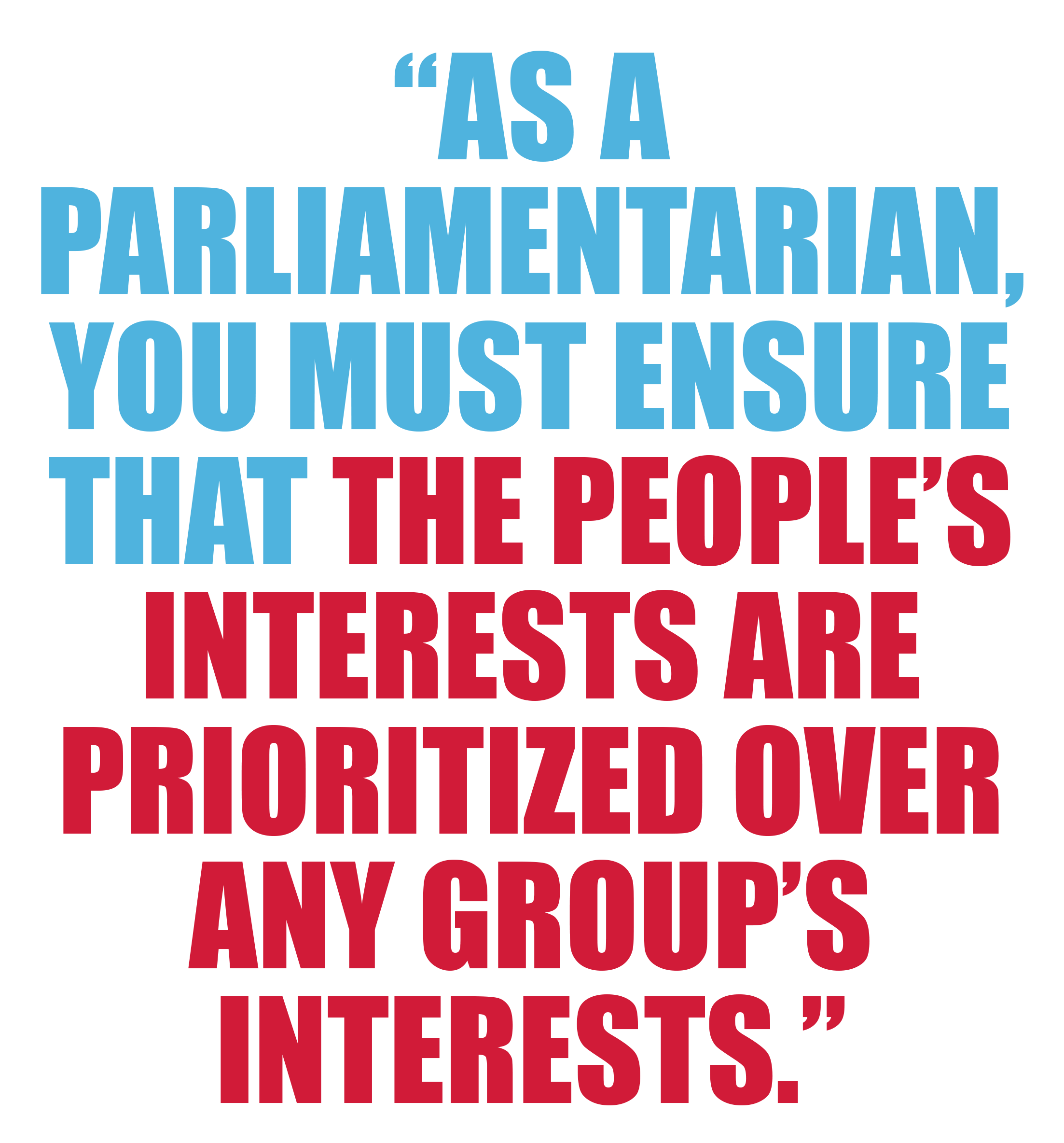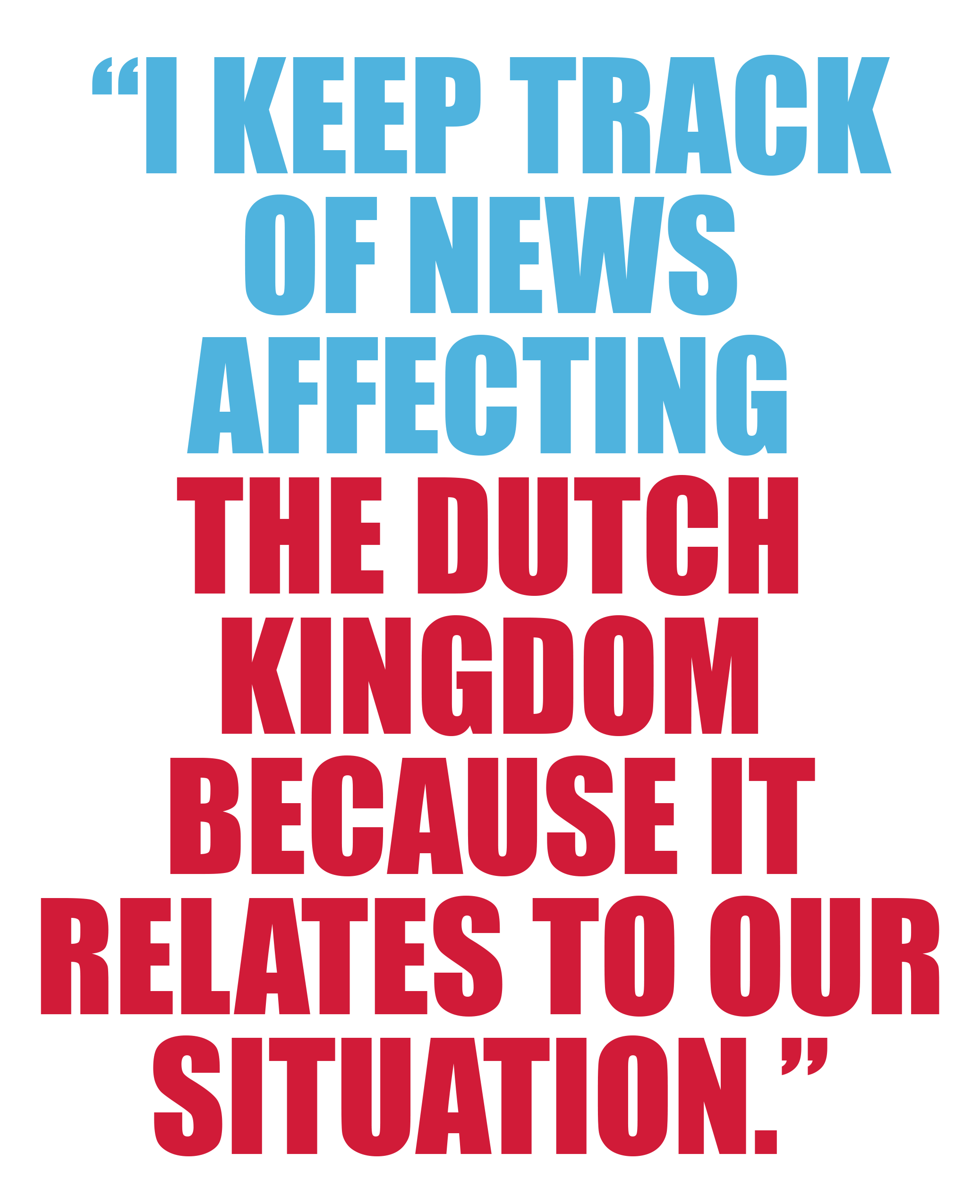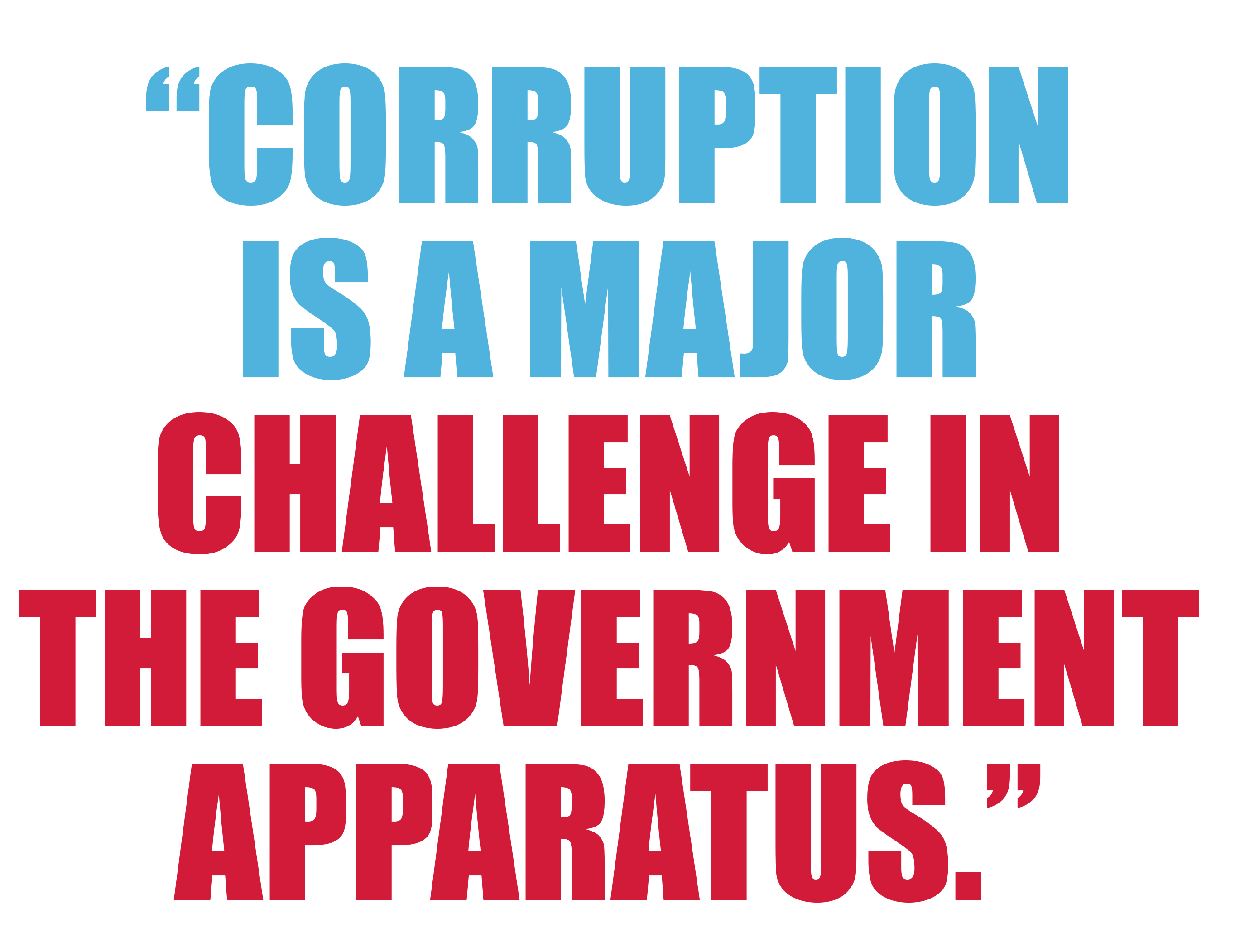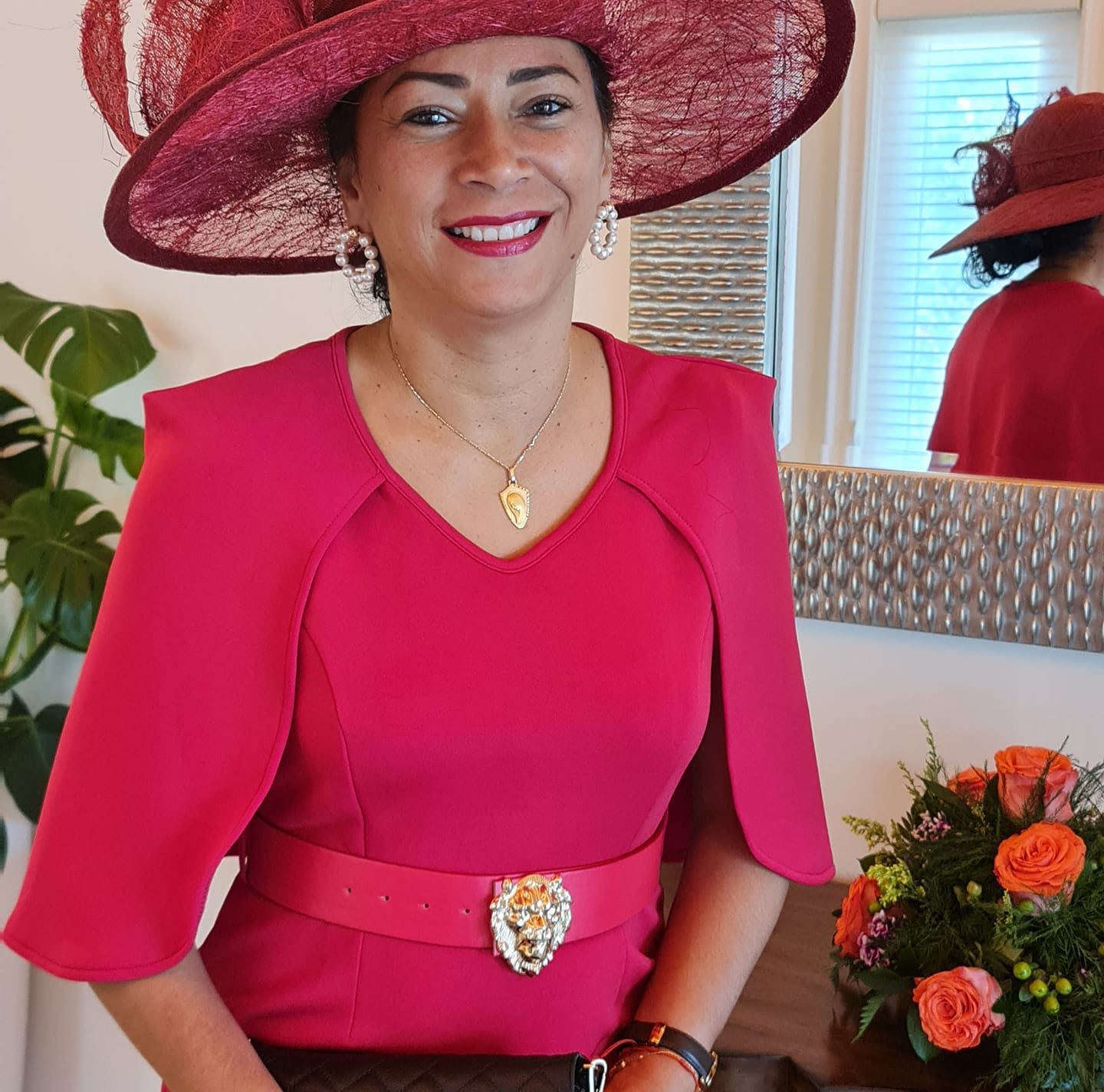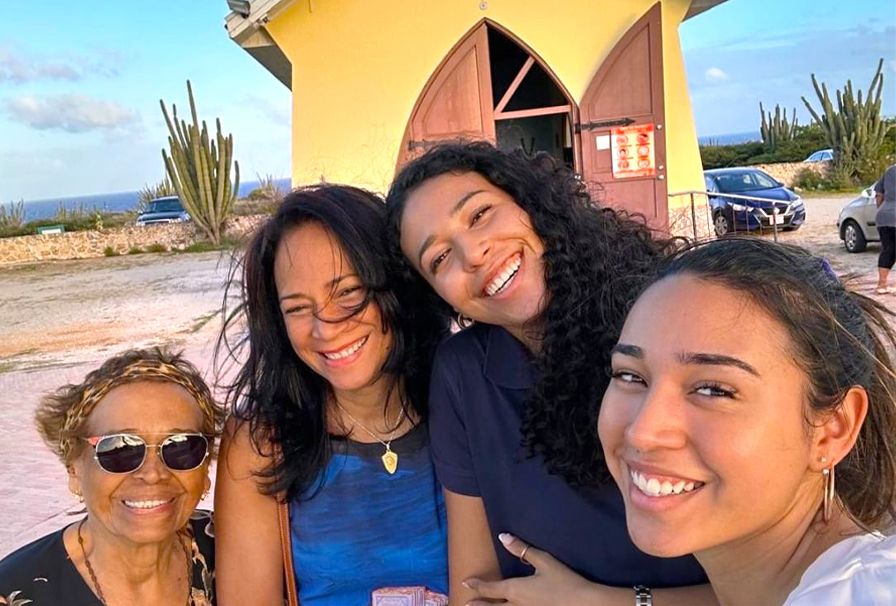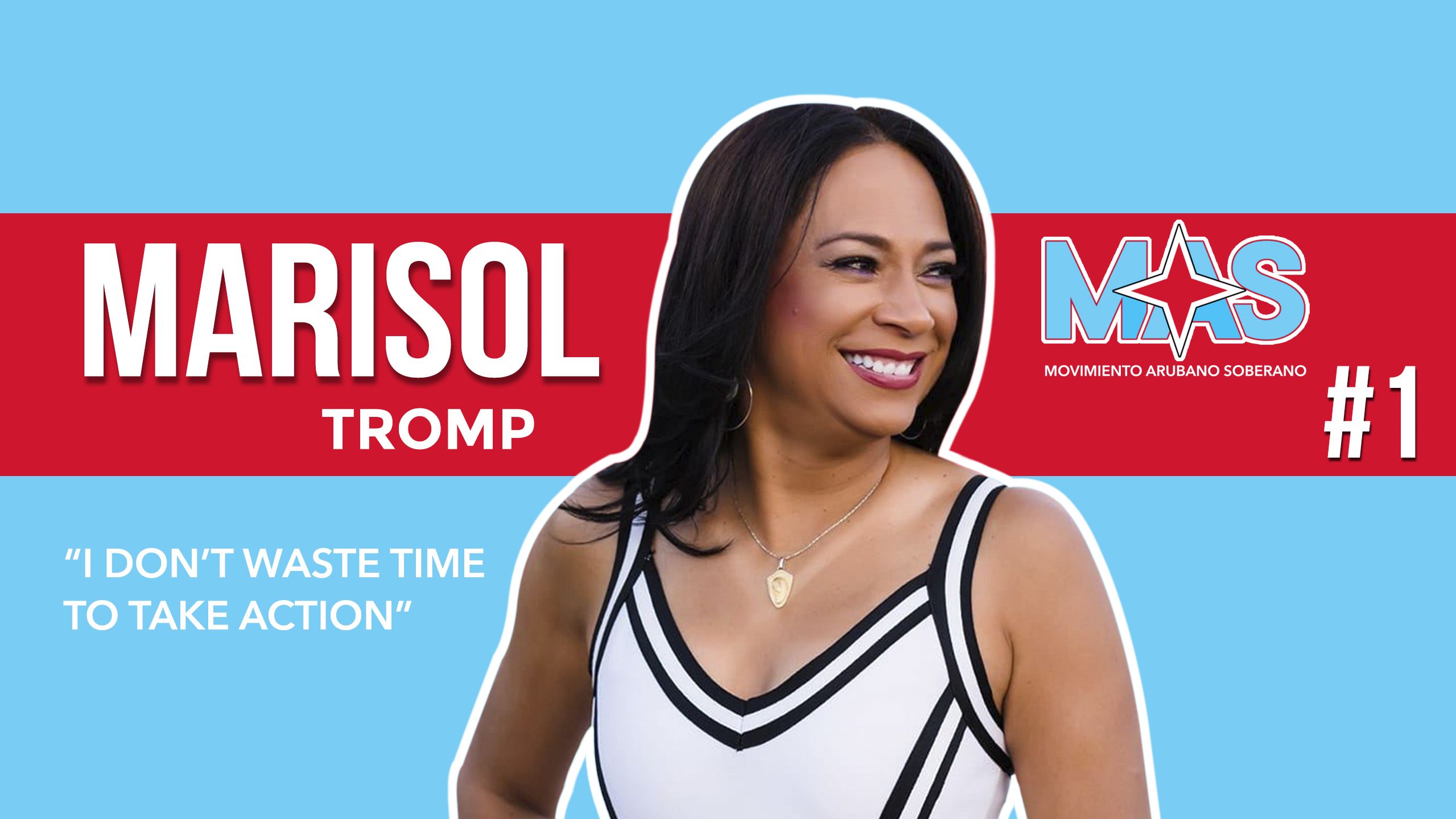
Why Politics?
I was raised in a political family. My father was the leader of the PPA Party. For as long as I can remember, our house was always full of people, and my father was committed to serving the community. My mother didn’t fall behind either; she supported my father, especially during election campaigns, and with all the friendships that arose from this political life. Honestly, from the very beginning, I chose to study in the Netherlands after finishing VWO, and once I obtained my degree in pedagogical sciences, I worked in the Social Affairs Department. I dedicated myself primarily to addressing community problems—helping young people, families, children in foster care, and a number of cases within the Social Affairs Department, specifically in the Life and Family Difficulties section.
That’s what I loved doing, especially focusing on young people. But after two years, I was approached by a political leader, Nel Oduber, who suggested I join MEP. This was a crucial moment in my life because I could have chosen to continue my own career in social work. I was even considering opening my own counseling bureau, a coaching center, my own practice, so to speak. After deep discussions with my elders, I thought deeply and realized that I could achieve much more by being a parliamentarian, as I would then be able to change laws that were often problematic and would have a far greater impact on helping people by implementing changes at a national level. That’s when I decided to enter politics. From the start, I received enough preferential votes to enter Aruba's Parliament, and since then, I have remained in politics—27 years and counting.
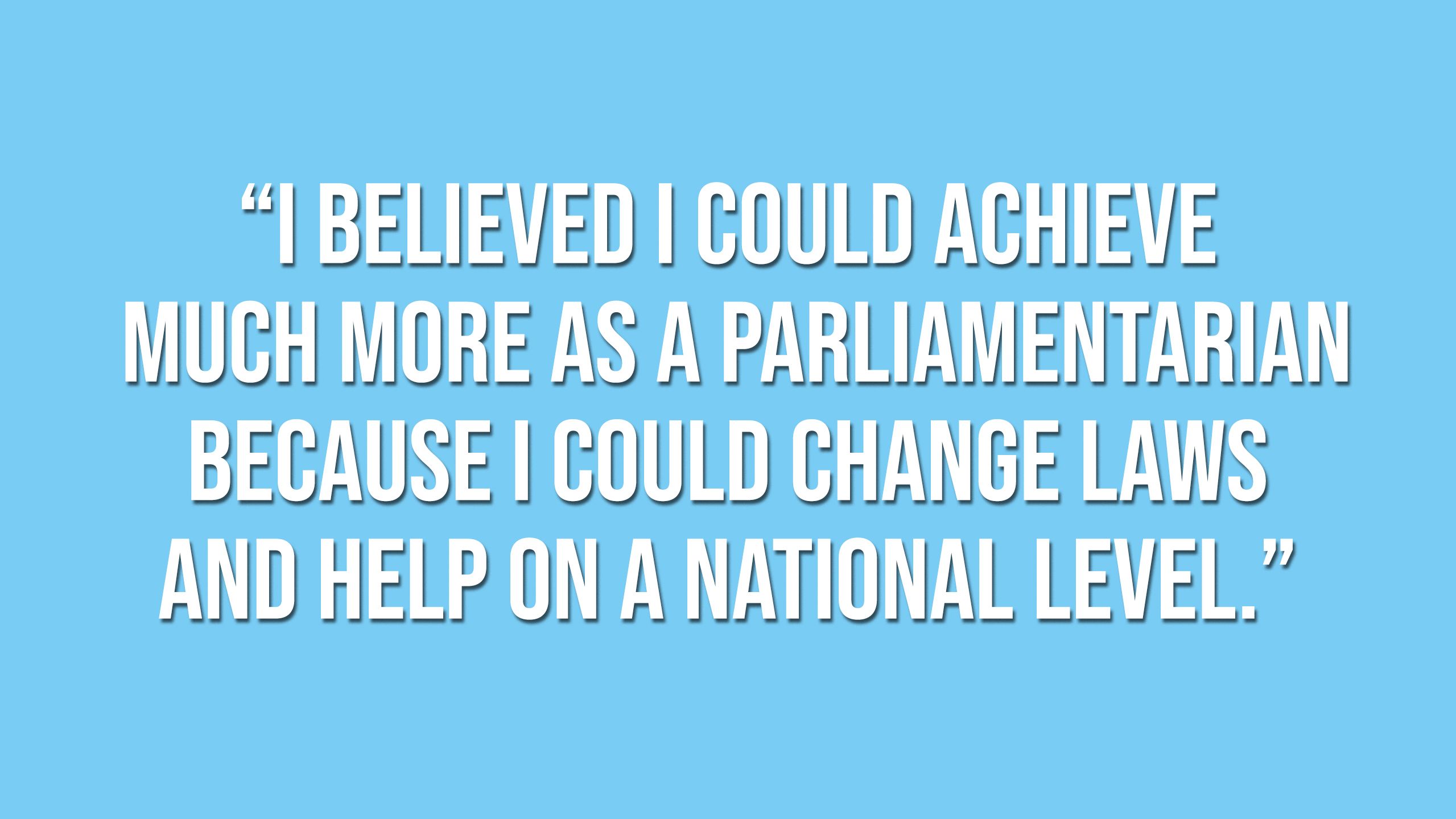

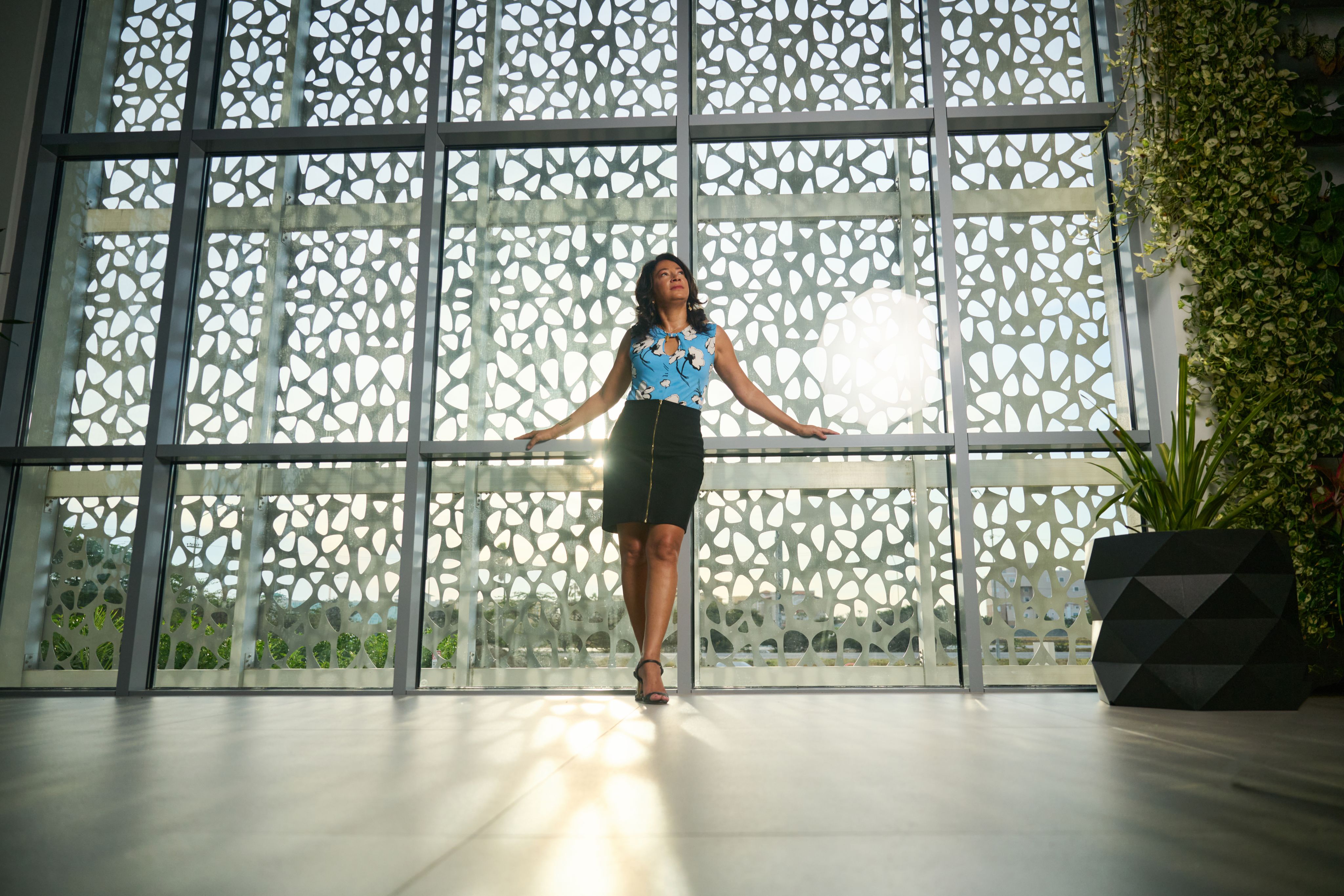
What Makes You the Right Person for Politics?
The personal qualities that make me the right fit for this work, I believe, start with my ability to listen. I like to understand what problems people are facing and to find ways to help them get out of those problems or to give them tools to help themselves. This comes from my studies in family pedagogy. Equally important is resilience—the ability to handle and withstand pressure. This is especially important because this job comes with a lot of stress, especially in my case, where I have become a vote-getter, interacting with many more people than usual, which puts pressure on my family life. This requires another important quality: the ability to listen and understand people, to analyze their needs, and to translate this into action for the future. I believe that one of my strengths is that once I see what the problem is, I work to solve it and take action. I don’t waste time to take action.
Another key quality is the ability to work with various powers and interests in the political world. This quality is crucial to keep the people’s interests at the forefront since, in this job, you often see how certain groups prioritize their own interests. As a parliamentarian, it is essential to ensure the people’s interests are the priority. Additionally, when I face difficult, weighty, or negative situations that put a heavy burden on me due to the big decisions I have to make, I always act with a clear conscience, thinking about what’s best for the community—not just at that moment but also for the years to come, as these decisions can have lasting consequences.
How Do You Stay ‘Updated’?
I believe one of the key qualities is to stay informed about what is happening. Today, it’s important to keep up with news on social networks and also with what’s happening in other countries. I also pay attention to politics in other countries on issues that are important to us, and I stay updated on news that affects the Dutch Kingdom because this concerns Aruba’s situation. At the same time, I keep myself updated by speaking with people directly. These are the experiences that people feel and go through, and they matter a lot. For a politician, this is important because, if you want people’s quality of life to improve, staying informed means talking with many people, groups, and organizations so that you stay current.
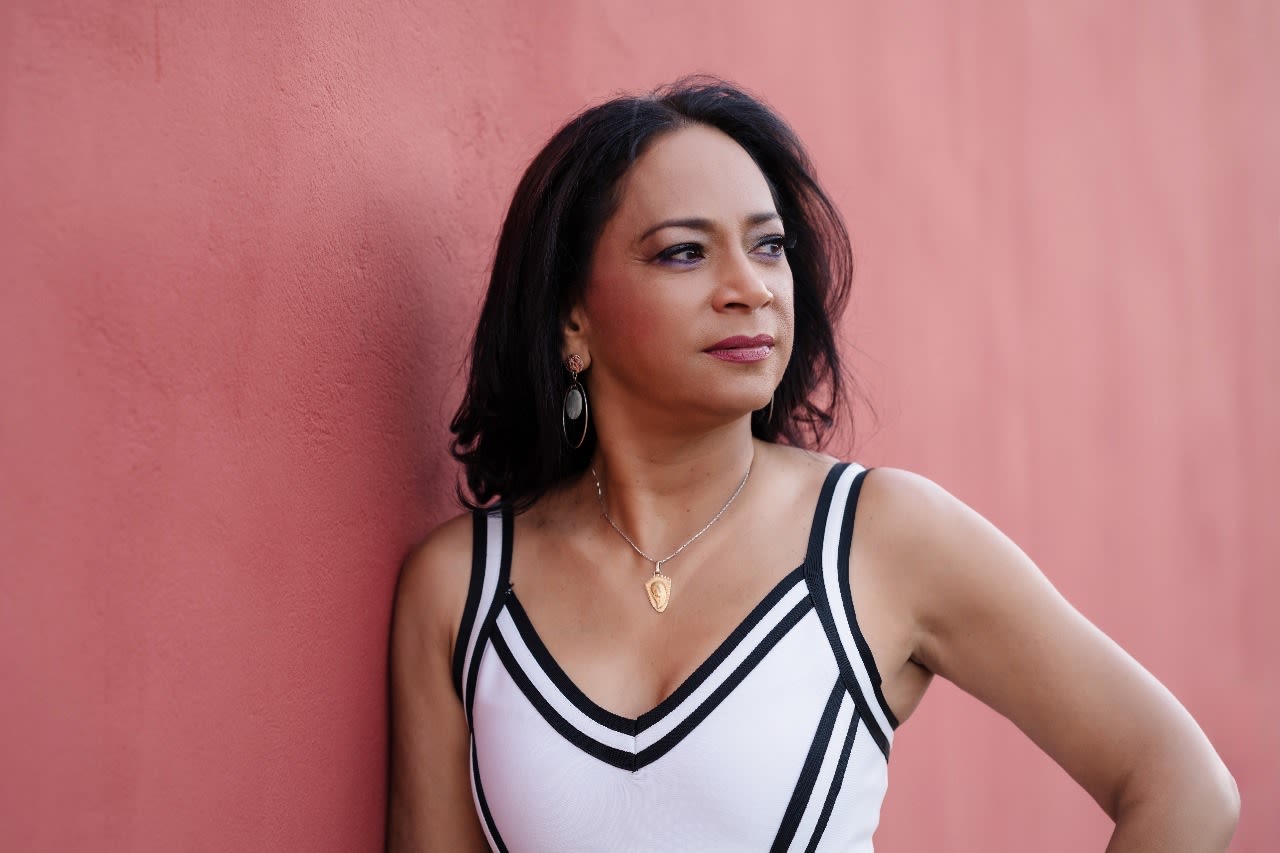
How Do You Maintain Human Connection in the Age of Social Media?
Every day, and not necessarily with the sole intention of meeting people to talk to them or organizations, but also every day when you go to the supermarket, store, or any event, you keep that human connection. This job puts a lot of pressure on you, as there are times when you can’t be with your loved ones because you have to fulfill a work obligation or attend a meeting. I’ve faced this countless times over the years, and sometimes moments with family are missed because of work obligations. Maintaining the human connection involves conversations and, where distance is a factor, using communication media such as WhatsApp, emails, Facebook, LinkedIn, etc.
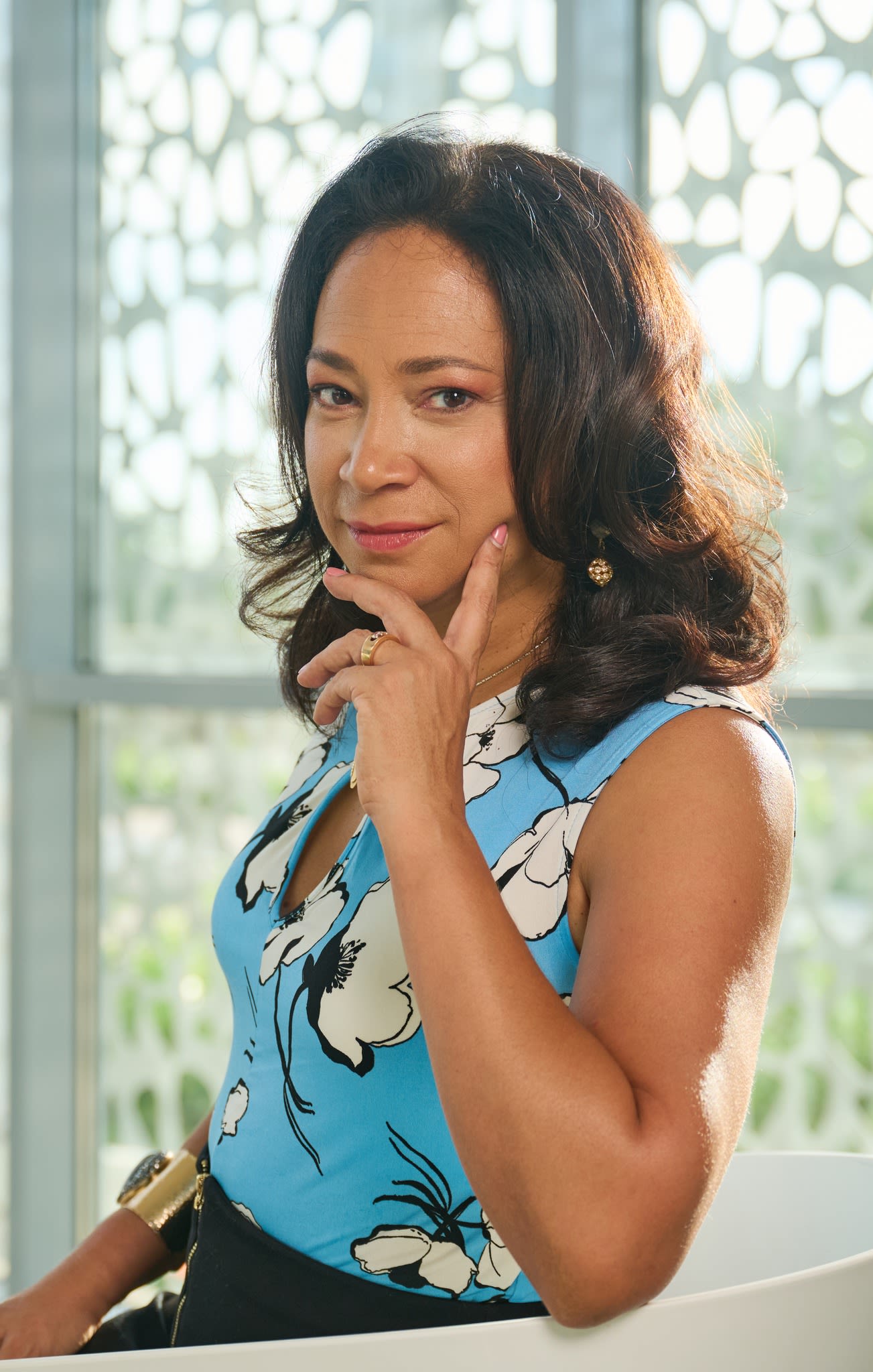
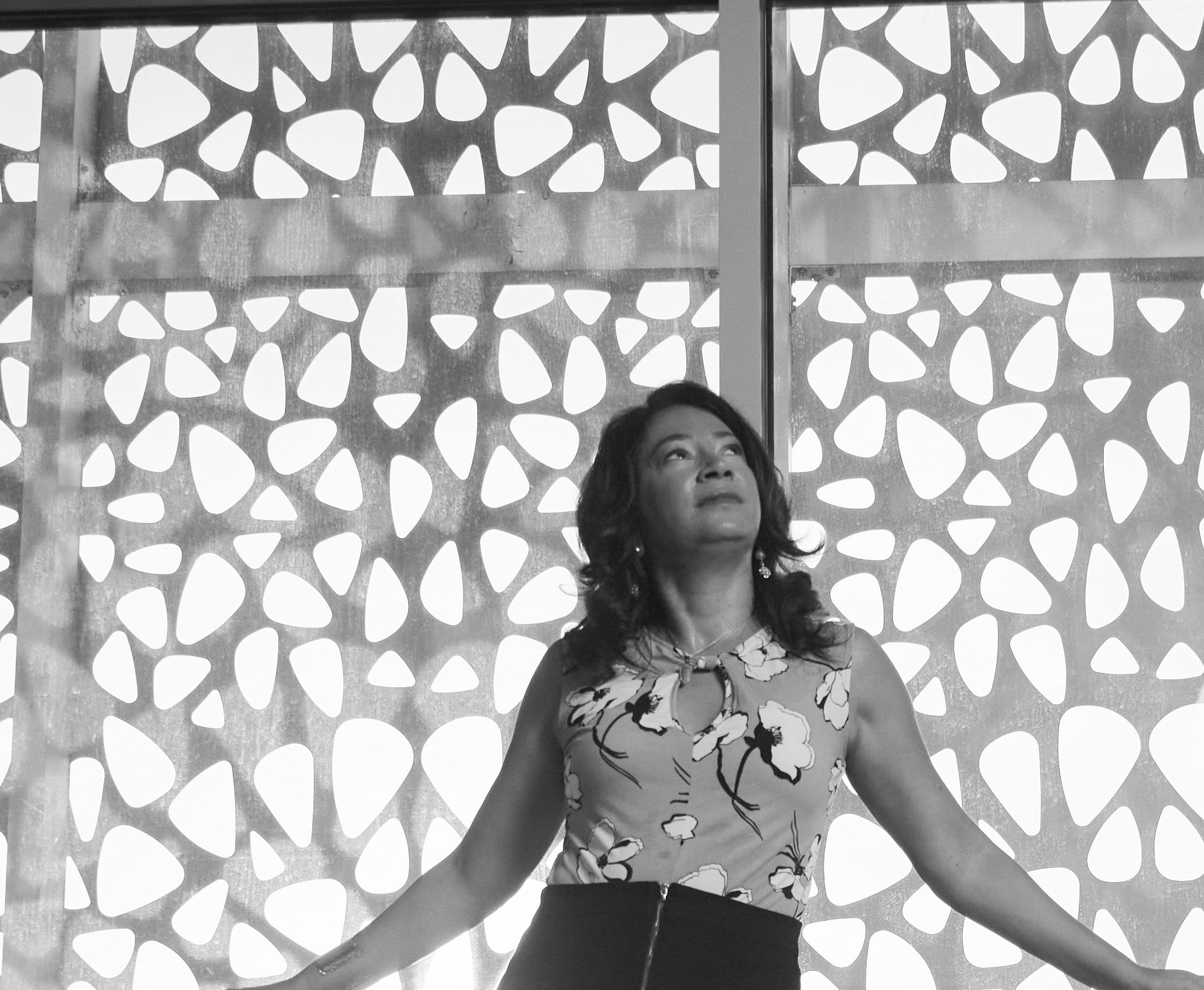
Most Urgent Challenges?
- 1. One of the major challenges is managing migrant admissions. This is a huge challenge to implement effective controls and protect our local people. It’s essential because it impacts everything. The current administration’s admission policy has significantly increased our population, creating challenges in infrastructure, healthcare, education, and natural resources.
- 2. Another challenge is determining our country’s “carrying capacity,” a decision that must be made. I believe we need a clear vision of what we want Aruba to be. Do we want a continuously growing nation with half a million inhabitants, or do we want to maintain something closer to what we have now? Currently, the doors are open to anyone and everyone, impacting us greatly, and the government is not defining this limit. Once established, it would help guide other sectors such as education, healthcare, and nature preservation.
- 3. Lastly, corruption is a huge challenge within the governmental apparatus, especially in entities highlighted by the Audit Chamber report that show significant obstacles to combating corruption.
Crucial Areas for Action?
Another challenge is balancing economic development with environmental protection to preserve what we have. The heavy pressure from tourism and adventure tourism is leading to wear and tear on our resources and damage to our natural beauty, flora, fauna, and residential areas. If we don’t act, we risk losing what attracts tourists to Aruba. We must enact laws and make decisions to protect our nation, even if it means opposing certain groups.
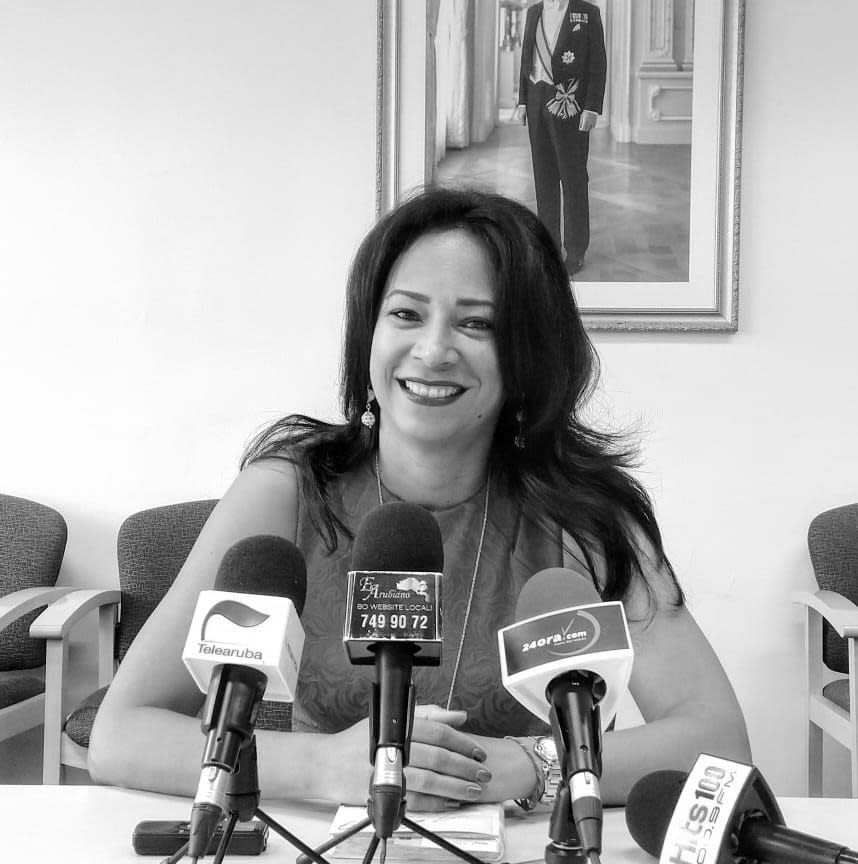
Ideal Term Length for a Political Career?
I believe there shouldn’t be a specific limit. Many factors come into play. As long as the people continue to vote for you with a count that feels representative, then you should continue. But to define a set period in advance is, I believe, unwise. There are people who stay briefly because politics isn’t for them, and others who stay long because it’s their career and passion. In my case, every four years, I assess whether to continue. The people chose me to serve in politics, and I believe it’s a calling.
How Do You Maintain Yourself as an Honest Politician?
Corruption is indeed a constant discussion, and there are even criminal cases within the political world.
What makes a politician honest?
First, you must hold yourself to the established rules and laws on this topic. Integrity is crucial, and you must avoid any punishable act. It’s essential that politicians stay honest throughout their terms. We’ve recently seen ministers encounter problems. If you adhere to the law, the constitution, and the rules, and if you get feedback from those who voted for you, it helps you remain honest.
On a small island like Aruba, maintaining honesty means being highly aware of your actions and conduct since people here are always watching. It’s different than in a large country. And to stay honest as a politician, sometimes, when making decisions, you have to balance competing interests. The decision must always benefit the community as a whole, though in practice, this isn’t always easy. However, this doesn’t mean someone is dishonest. Every four years, the people judge you.
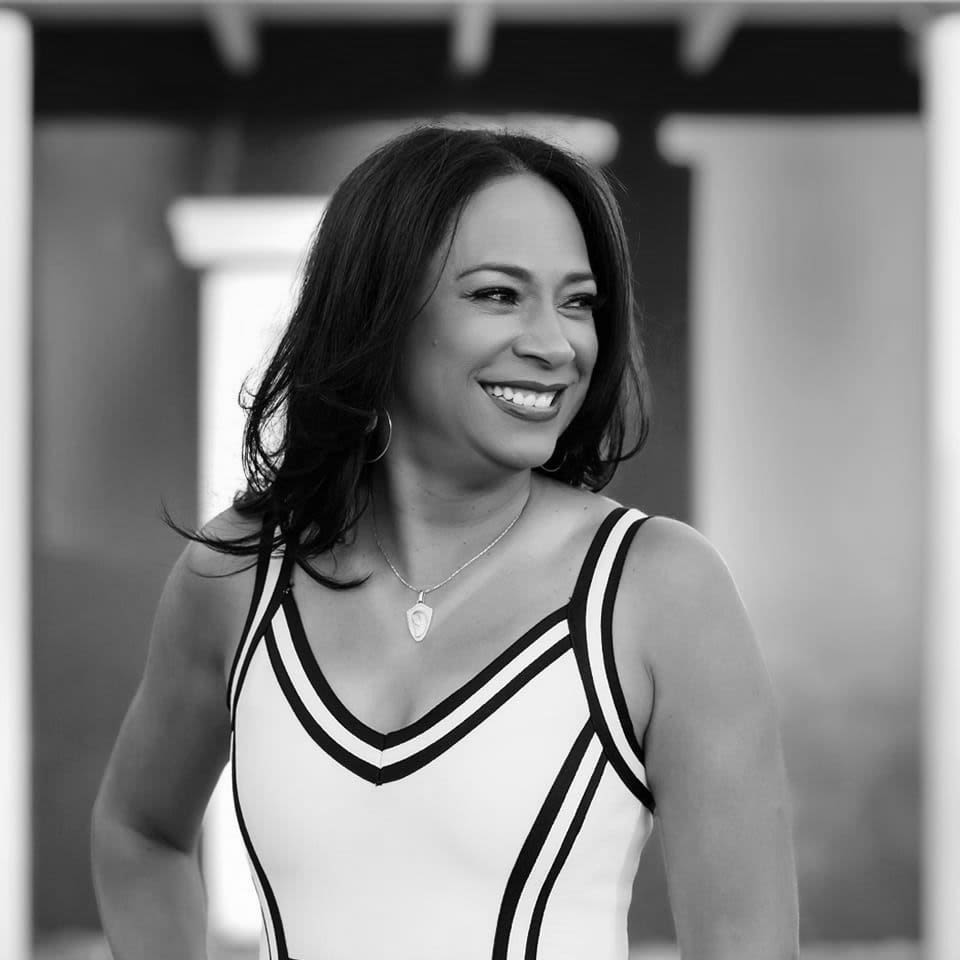
Vision for the Next 4 Years?
It depends on whether you’re in parliament or in government. We have a party program that outlines major goals. With 27 years in this role, I see essential priorities. One is focusing on combating corruption, which is deeply rooted. There are reports indicating corruption issues across various entities. To address this, you must take decisive action. Another priority is the carrying capacity of Aruba; we must define what we want and execute it. Also, we must protect our natural resources, special sites, and cultural assets—what has always attracted tourists to Aruba. With the pressures from tourism and migration, social areas are feeling the strain. I believe this needs more attention and action.
How Do You Plan to Achieve the Changes You Seek?
My plan is to fulfill my duties if the people place their trust in me once again to serve Aruba.
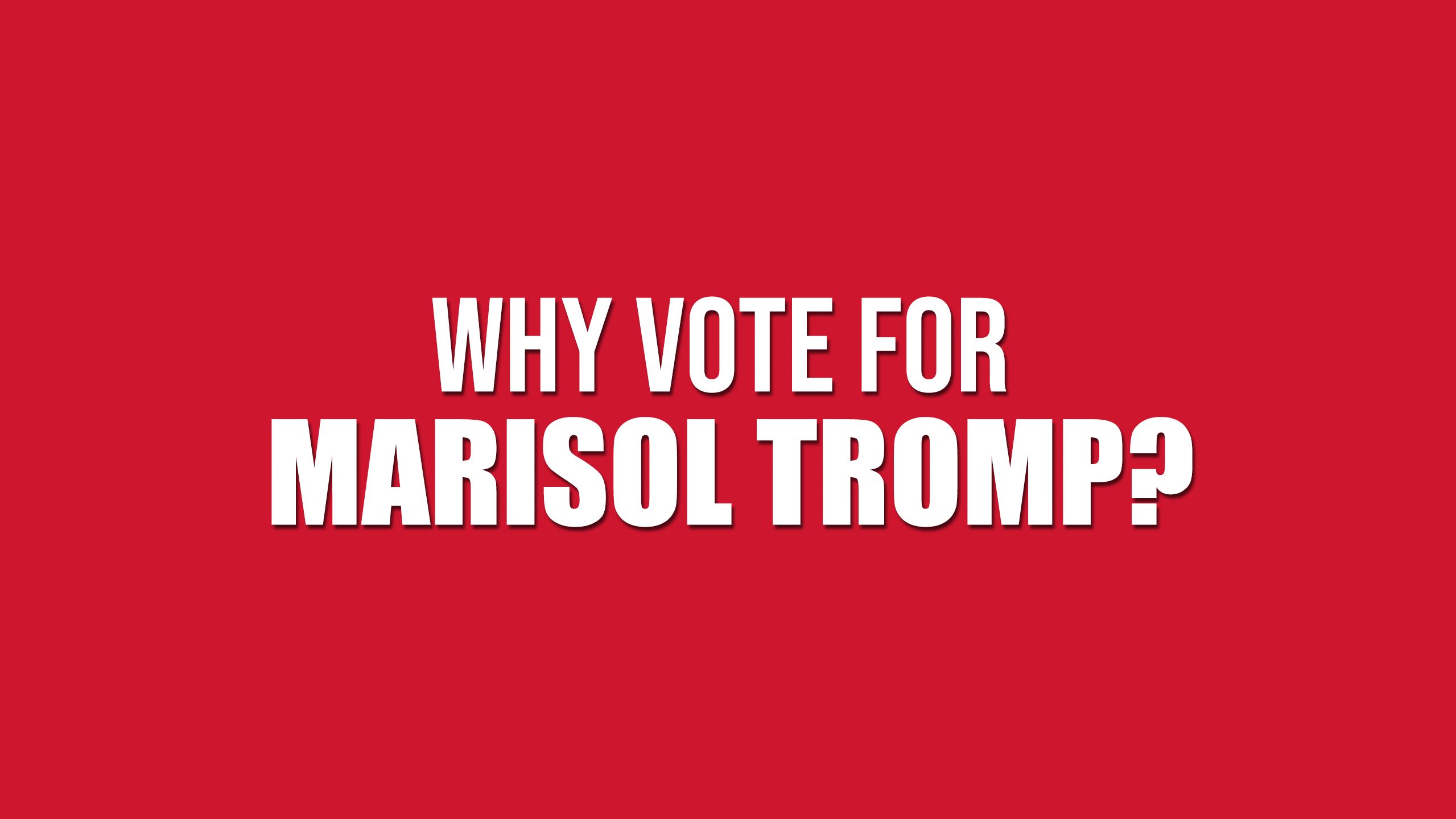
"I have all the experience and knowledge needed in politics to face Aruba’s challenges and to help our people. Voting for me means you can trust that I will tell it like it is and take action when necessary for the well-being of the people of Aruba. I have covered different roles as parliamentarian, minister, vice premier, president of parliament, independent parliamentarian, and faction leader, which has equipped me with a solid understanding of the job and its procedures. Through various projects and my work in Aruba’s Parliament, I have demonstrated my capability to lead this country."




